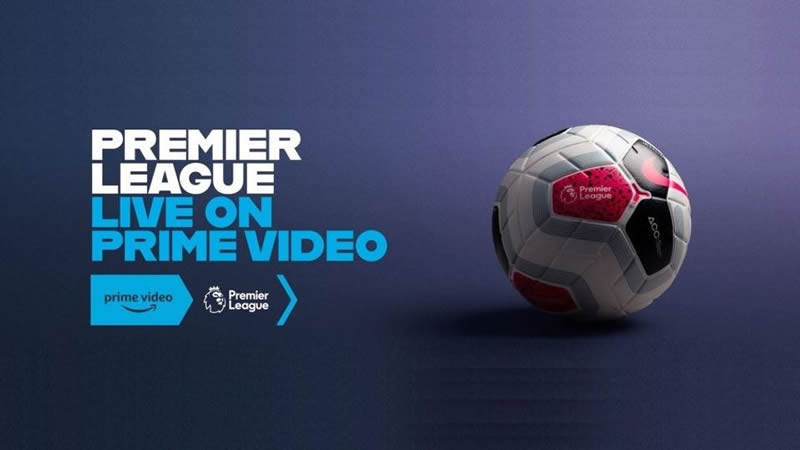Tech companies like Apple, Amazon (Prime Video), Google (YouTube) and Netflix could be the big buyers of sports rights by 2030 in these times of transition from broadcasting to streaming.

Technology companies such as Apple, Amazon (Prime Video), Google (YouTube) and Netflix could be the big buyers of sports rights by 2030 in these times of transition from broadcasting to streaming. Not only is this a prediction that the sports industry has been praying like a mantra for several years, but a study by the consulting firm Altman Solon reflects it: more than 150 executives from the media industry, as well as others related to sports, believe that this is what will happen.
Apple’s ten-year agreement with MLS for the global exploitation of rights on a single platform is probably not just an experiment that the sports industry is following closely. It may also be a forward-looking mirror.
Media Company Perspectives is the third chapter of a 5-part research that Altman Solon conducted at the end of 2023 and that was published in serial form to arrive at a comprehensive view of the sports ecosystem, changes in the modes of consumption, content production and monetization of all these processes. 2,500 respondents in the U.S., Mexico, UK, France, Germany, Spain, Italy and China offered their perspectives as consumers of sport and 150 senior global sport executives gave their views from the industry.
Any view on the future of sport and media companies – as with any other industry – may have its biases, margins for error and the future making its own decisions, but it is interesting to look at the landscape from certain certain certainties: there are signs of change already happening right now that can give context to what is estimated to happen by 2030.

Some data from the report:
– Fans spend more than a third of their budget for TV systems and streaming services on sports, indicating their ability to capture attention and direct their spending.
– 70% of fans say they would switch TV providers to maintain access to one or more of their essential sports.
– Packaging mode and competitive intensity are critical to driving the value of media rights, including the value of airtime and subscription value.
– More than 35% of respondents interested in watching sports do not consume sports on a weekly basis and are more casual/fluid fans.
– More than 70% of respondents working in media companies/broadcasters believe the industry should prioritize diversifying content libraries, increasing live experiences and providing personalized recommendations.
– Only 16% of global sports executives believe traditional broadcasters will be better positioned to exploit live rights by 2030, compared to more than 60% for technology aggregators and OTT streaming services.
– 65% of global sports executives believe that a subscription-based monetization model, where sports are bundled with other services/content, will do more to help refinance sports rights in the future.
In this scenario, sports rights continue to be valuable for acquiring users and peak audiences. That is why executives believe that the power of sports is increasingly attracting the interest of technology groups involved with the sports scene.
Data claiming that 70 percent of fans are willing to switch TV providers to maintain access to one or more of their essential sports is supported by the fabulous drawing power of major events. Global events with broad appeal (FIFA World Cups, UEFA Champions League) and top-tier domestic sports leagues (EPL, NBA, NFL, La Liga, Serie A) are capable of generating high interest and triggering switching.
What the report argues is that “these flagship properties are typically used as user acquisition engines for media companies,” Events and competitions that are less likely to trigger switching often serve as library content and retention engines, or to create specialized offerings.